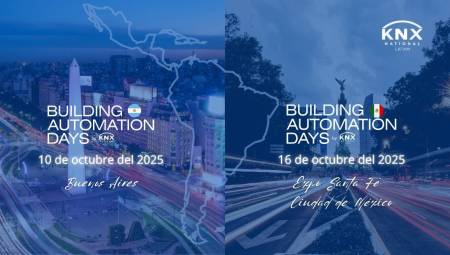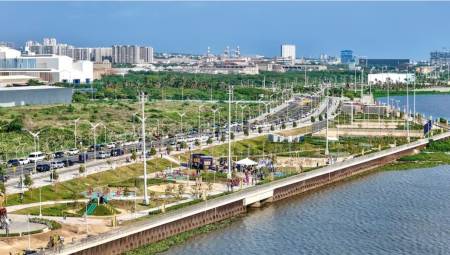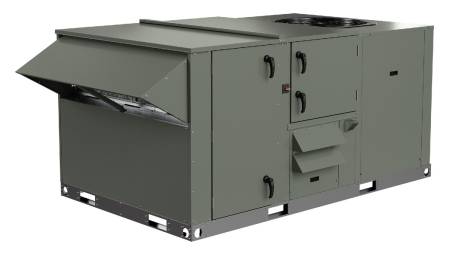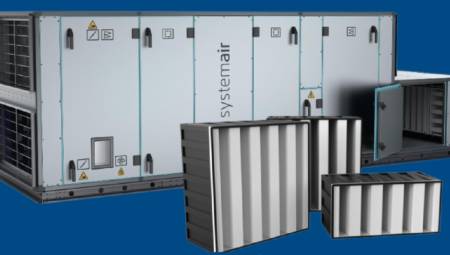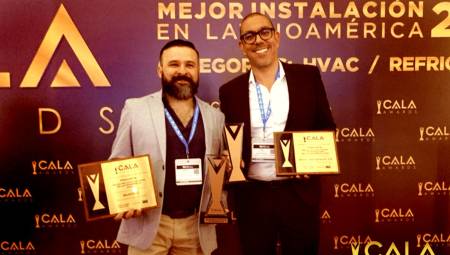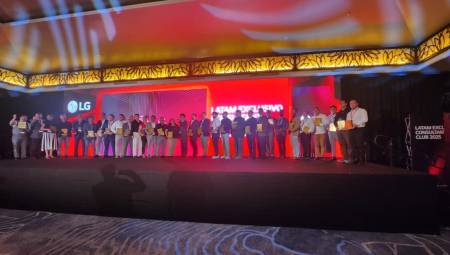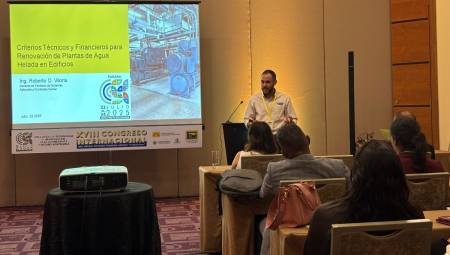Mexico. The current weather season, marked by heavy rains, intermittent heat and floods, is affecting the logistics and operation of companies throughout the country. This scenario represents a critical challenge for industries that depend on the cold chain, especially the food sector, where any failure can cause millions of dollars in losses and affect consumer confidence.
According to the Food and Agriculture Organization of the United Nations (FAO), up to 40% of food is wasted in the supply chain, mainly due to improper temperature management during transport and storage. Heat waves, such as the current 40-day heat wave that extends until mid-August, multiply this risk.
"The challenge goes beyond keeping a product fresh; it is about protecting its nutritional integrity, its safety and, ultimately, consumer confidence," says Carlos Humberto Infante y Loya, founder and chairman of the board of directors of Kryotec. He adds that "without an efficient and continuous food cold chain, food is exposed to accelerated decomposition, proliferation of bacteria, which can also cause great losses to companies".
Small and medium-sized enterprises, the most vulnerable
Conagua warns that states such as Nuevo León, San Luis Potosí, Veracruz, Tabasco and Yucatán are among the most affected by temperatures well above normal. This scenario hits SMEs in the food sector that do not have robust refrigeration infrastructure to face extreme heat particularly hard.
A poor cold chain doesn't just mean unusable or contaminated products, it can also lead to recalls, damage to public health, and loss of distributor contracts. The economic impact includes unforeseen expenses in refrigerated transport or emergency storage, putting pressure on margins and reducing competitiveness.
Specialists point out that investment in technology and innovation is key to resisting climate shocks. Among the most effective solutions are continuous temperature monitoring through IoT, constant training of personnel and logistics optimization to reduce loading and unloading times.
Likewise, qualified packaging with thermal insulation and monitoring systems represent a viable alternative for sensitive products, even without a refrigerated fleet, combining efficiency and lower environmental impact.
Co-responsibility throughout the chain
Strengthening the refrigerated logistics chain requires the participation of all actors, from producers to points of sale, as well as stricter regulations and vigilance in the thermal handling of food.
"Strengthening the cold chain is an investment in the future, especially in a world that has more climatological variations every year. Not doing so can have great costs for companies," concludes Infante y Loya.




